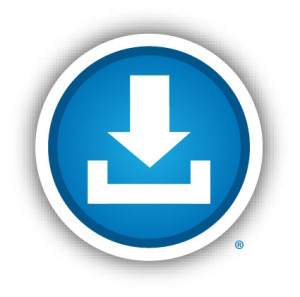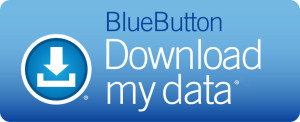 Editor’s Note: This post is authored by guest blogger Mary Anne Sterling. Mary Anne has been a thought leader in health information technology and health policy for over a decade. She serves on several healthcare advisory panels, a Federal Advisory Committee, and recently served as Executive in Residence for the Healthcare Information Management and Systems Society (HIMSS) Foundation, Institute for e-Health Policy.
Editor’s Note: This post is authored by guest blogger Mary Anne Sterling. Mary Anne has been a thought leader in health information technology and health policy for over a decade. She serves on several healthcare advisory panels, a Federal Advisory Committee, and recently served as Executive in Residence for the Healthcare Information Management and Systems Society (HIMSS) Foundation, Institute for e-Health Policy.
- Are you caring for an elderly parent? Are you trying to keep your child’s vaccination records up-to-date?
- Do you have a health issue? Do you want to feel more in control of your personal health information?
- Do you need to share your health information among several doctors? Are you changing doctors?
- Do you need to find the results of a medical test? Do you need a current list of your medications?
If you answered “yes” to any of these questions, you need access to your health information or the health information of someone you care for. You may not be aware that you have the right to access it and healthcare providers must allow you to do so. When you have access to your health information, you can partner with care providers on improving the quality and safety of care that you or a family member receives.
To help you better understand why this should be important to you, I’ve asked Aaron Seib of the National Association for Trusted Exchange (NATE) to help me break down what this means and what you can do to help.
MA: Why would someone want access to their own health information?
AS: You have a legal right to receive your personal health information. Many people are not aware of this. When you have your health information, you can:
- Share it with your doctors or trusted family members or caregivers
- Check to make sure the information, such as your medication list, is accurate and complete
- Keep track of when your child had his/her last vaccination
- Have your medical history available in case of emergency, when traveling, seeking a second opinion, or switching health insurance companies
- Plug your health information into apps and tools that help you set and reach personalized health goals.
These things are just too important to leave to others to manage for you. It’s time to take command of your health information. After all, it belongs to YOU.
MAS: It’s one thing to have access, but will the information be in an understandable format? Will medical jargon be translated? How will someone know what to do with the information?
AS: Our medical information is often difficult to understand and we don’t always have easy access to people who can explain it to us. Right now, it is imperative that people have access to their health information first and then we can work with patients, family caregivers, and app developers to ensure this information is presented to them in a way that they can better understand and use. The good news: we see multiple services already emerging that assist in translating complicated health data into accessible information for patients and family caregivers.
MAS: If I want to share my health information, can I choose what parts of my information I allow to be shared? For example, will my mental health notes from my psychiatrist or therapist be made available to my primary care doctor? Is it all or nothing as far as what is made available?
AS: Working in partnership with your doctors, you can decide what information is shared and for what purpose. But you must be actively engaged in managing your health information in order to do that. You may decide to share some information, all of your information, or nothing at all.
 MAS: How is my information protected? With all the hacking of retail, credit cards and even insurance accounts, how can I be sure my information is being kept safe, especially when I download it?
MAS: How is my information protected? With all the hacking of retail, credit cards and even insurance accounts, how can I be sure my information is being kept safe, especially when I download it?
AS: Using ‘Blue Button” is one good way you can access your health records electronically. Millions of Americans can get easy, secure online access to their health records thanks to Blue Button. Health information about you may be stored in many places, such as doctors’ offices, hospitals, drug stores and health insurance companies. Ask your health care providers or health insurance company if they offer you the ability to view online, download, and share your health records via Blue Button and look for the Blue Button logo.
MAS: How do I talk to my doctor about getting access to my health information?
A: NATE has a letter that you can download from our website to make that conversation easier. The hardest part is getting the conversation started! But you will be glad you did when you have the peace of mind of knowing your health information is at your fingertips.
MAS: If someone is interested in knowing more about this topic, what are the best resources for more information?
AS: NATE is not the only organization working to get patients and family caregivers access to their health information. Additional sources of information are:
Blue Button:
- gov: http://www.healthit.gov/patients-families/your-health-data
- Michigan Health Information Network Shared Services (MiHIN): http://tinyurl.com/bluebuttonvideo
- AHIMA: myPHR.com
Other initiatives that you may be interested in learning more about:
- Get My Health Data Petition: http://www.getmyhealthdata.org/
- Health Data Consortium: http://www.healthdataconsortium.org/
- Open Notes Project: http://www.myopennotes.org/
Overall, having access to your personal health information, or the health information of someone you care for, is an important step in maximizing your health and the health of others. Now is the time to get involved in the discussion and request access to your own health information. Being a more informed healthcare consumer could save your life!
